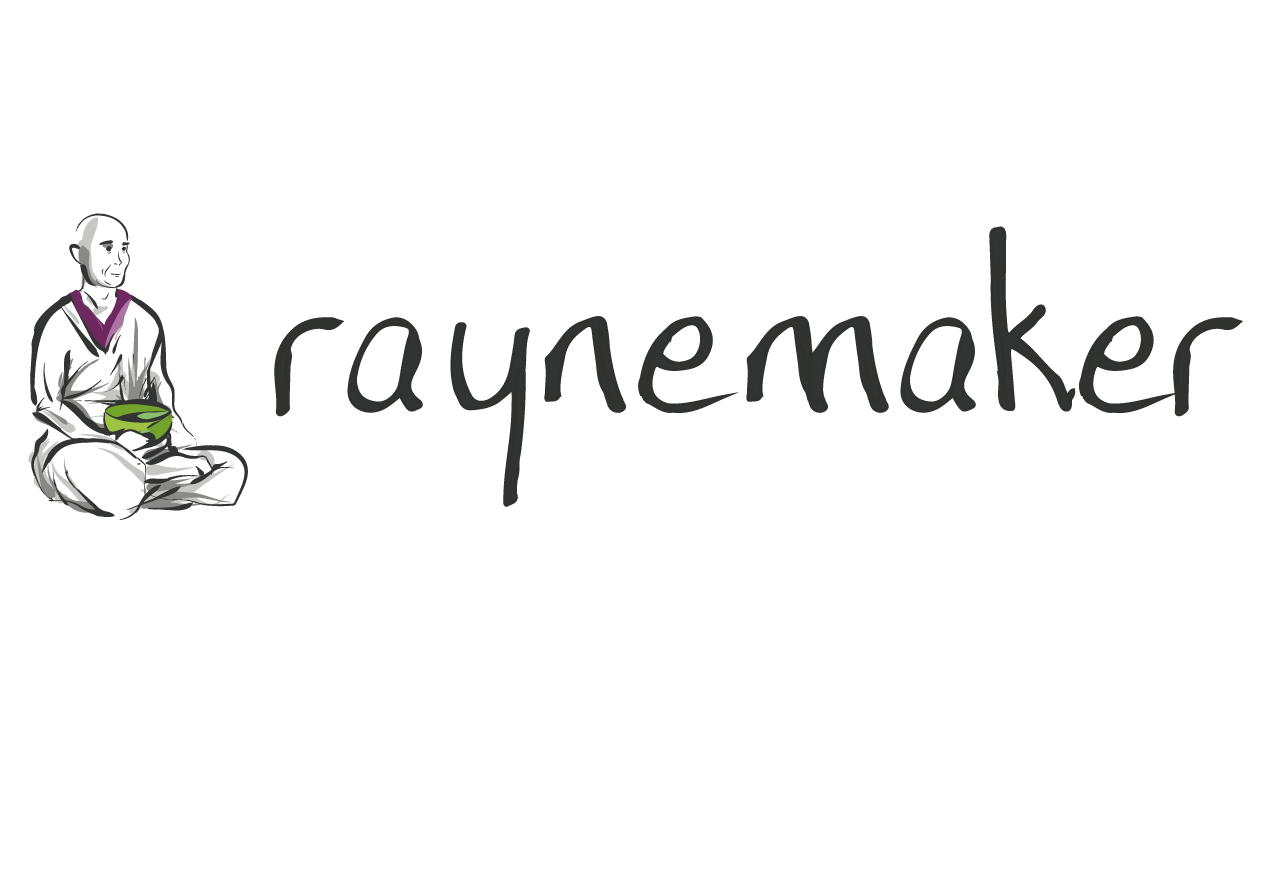Unitarian Universalists believe personal experience, conscience, and reason should be the final authorities in religion. There is no creed with which you must agree. Religious insight may come from a book, a person, or an institution, but religious authority does not. Religious authority is within ourselves. Religious insights are tested in our individual hearts and minds. It is a free faith.
It is a liberal religion born of Jewish and Christian traditions, but religious wisdom is ever changing. Human understanding of life and death, the world and its mysteries, is never final. People should think for themselves. We differ in opinions and lifestyles, and those differences generally should be honored. Everyone has worth. Ethical living is the supreme witness of religion. Our relationships with one another, with diverse peoples, races, and nations, should be governed by justice, equity, and compassion.
One of our tradition’s most inspiring figures, Theodore Parker, said in a sermon, “The arc of the universe is long, but it bends toward justice.” Parker’s words guide our feet, our words, and our actions today as engaged and committed Unitarian Universalists working for justice in our world.




